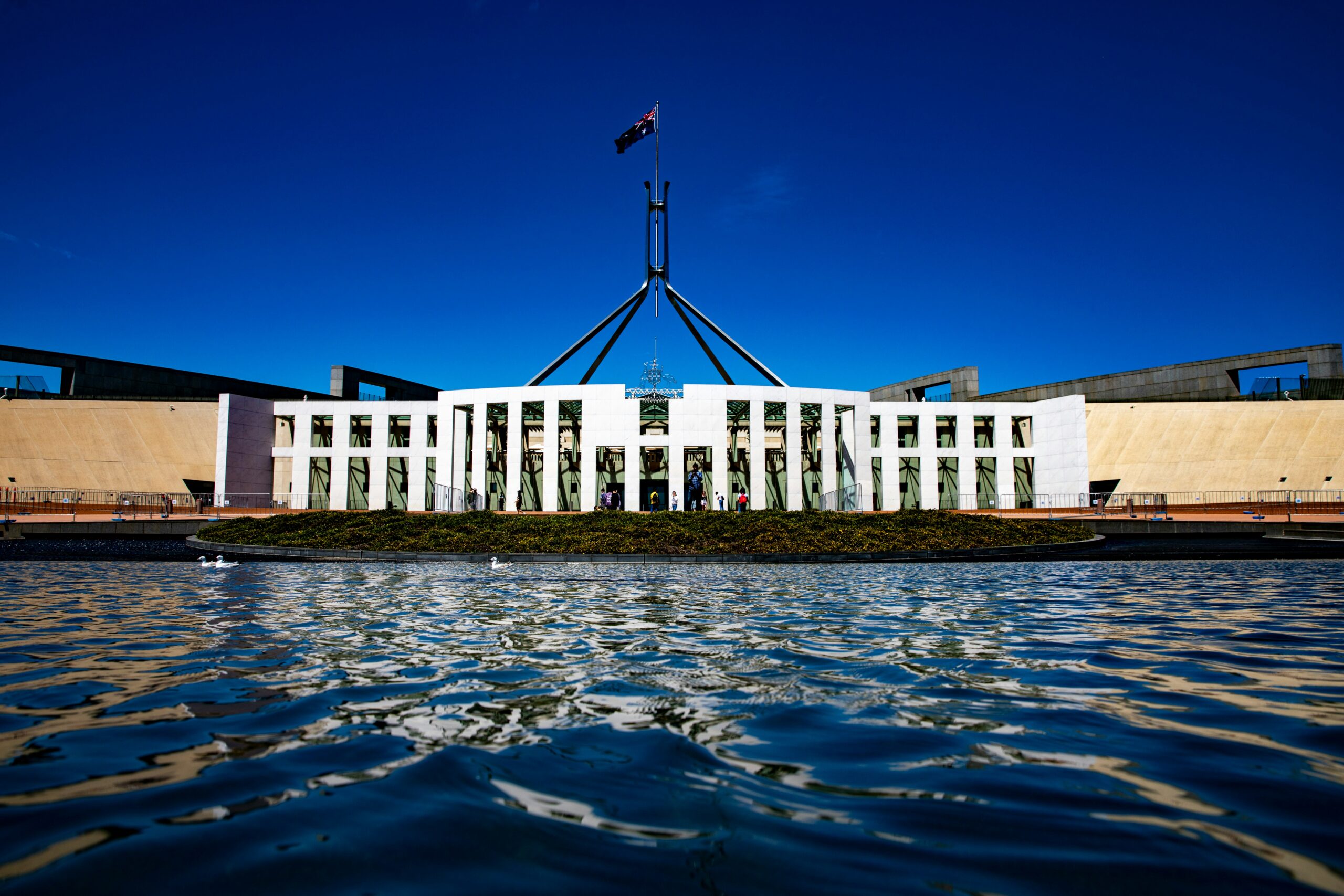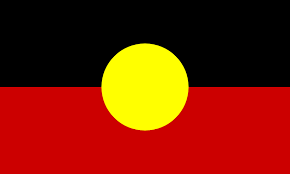
Written by Steve Michelson
The winds of change have been blowing strongly in federal politics recently. Earlier this month, allegations of misconduct put to John Setka, and more broadly the CFMEU, saw the Victorian Branch Secretary stand down, and the union’s place within the Australian Labor Party brought into question.
Adding to the fluctuations within the Federal Government, were the retirement announcements of Ministers Linda Burney and Brendan O’Connor last week. Those impeding departures triggered a Cabinet reshuffle over the weekend, which left Prime Minister Albanese needing to ‘reshuffle the deck chairs’ ahead of commencing his party’s run towards the 2025 Federal Election, expected early next year.
Shuffling the Cabinet Deck
Prime Minister Albanese unveiled his new Cabinet Sunday afternoon, and while senior position reshuffles can be unsettling for members of the Federal Caucus, who may or may not have their aspirations advanced or diminished, Albanese assured both his party and the public that the new appointments offered an “opportunity for others to step up”.

The Federal Cabinet office will see a few new faces this week.
The movement that garnered the most headlines was the departure of Minister for Home Affairs, Clare O’Neil and Minister for Immigration, Andrew Giles from their roles. This was hardly a surprise for most, however, as the pair had been criticised for months by the opposition and conservative media over their handling of the High Court decision on indefinite detention. Criticism, particularly that from the media, that was perhaps not wholly warranted given the magnitude of work the pair did away from the public eye on their portfolios.
As it is for all governments, Home Affairs has been the Albanese government’s most difficult portfolio to manage, and has received the most criticism. As such, filling the role with a savvy political operator was paramount.
Due to his success with the Employment and Workplace Relations portfolio, and command of Question Time as Leader of the House, Tony Burke will now take on Home Affairs. He will do so while also serving as the Minister for Immigration and Multicultural Affairs, and the Minister for Cyber Security, all while retaining his Arts portfolio. The increase in workload is remarkable, but as a one of Albanese’s key political lieutenants, Burke’s increased presence in the leadership team will help to stabilise the Cabinet.

On the surface they may seem like an odd pairing, but immigration and the arts have often been a rich mixing pot, and Minister Burke is well placed to serve both.
Burke has developed strong relationships with regards to Multicultural Affairs, which will help soften the government’s hard line on current Immigration and Home Affairs policies. It will also be interesting to watch whether his so far strong rhetoric on happenings in the Middle East will be calibrated closer to party lines given the public nature of his portfolio.
A final consideration with regards to Minster Burke, is that if he is successful in managing the Home Affairs portfolio effectively, it boosts any future leadership aspirations he may be fostering, as we witnessed with Scott Morrison’s rise to the Prime Ministership.
As Burke moves on from the Employment and Workplace Relations portfolio, he brings with him Julian Hill, who has received a promotion to Assistant Minister. Burke and Hill will now continue to work in partnership during upcoming immigration policy development, as they did when leading the Review into Employment Services.
With the changes in personnel, there has also been a change to the remit of the Home Affairs portfolio, with the responsibility for ASIO moving away from Home Affairs and arriving in the Attorney-General’s Department. This is in keeping with the Government’s intentions of having all matters of national security within the same department. As of this announcement, the AFP, Australian Criminal Intelligence Commission, Austrac and now ASIO, all sit within Attorney-General’s Department.
Clare O’Neil remains within the Cabinet as the new Minister for Housing and Homelessness. The housing crisis is going to be a frontline issue, alongside cost of living at the upcoming Federal Election. Despite the roadblocks endured during her time at Home Affairs, O’Neil remains a strong media performer with a sharp analytical mind. Her challenge is to communicate what Labor has achieved this term, and what they plan to do in the next with regards to housing. Her performance will be critical given the Greens are challenging Labor’s inner-city seats, which in a tight polling contest could be the difference between a majority and minority government.

Skilled labour shortages and the housing crisis are two issues facing the current government ahead of the 2025 Federal Election.
Andrew Giles will take on the Skills and Training portfolio. With the impending retirement of Brendan O’Connor, the Skills and Training portfolio returns to the Outer Ministry, which isn’t technically seen as a demotion, as traditionally prior to O’Connor’s tenure Skills and Training sat in the Outer Ministry.
Despite being returned to the Outer Ministry, however, Skills and Training will still be considered an important portfolio, given the skilled labour and workforce issues currently facing the Albanese government.
Senator Malarndirri McCarthy, a Yanyuwa Garawa woman, will replace Linda Burney – the logical choice as Minister for Indigenous Australians, after serving as Burney’s Assistant Minister. McCarthy is now tasked with the challenge of filling the policy void the government has been left with post-referendum. The Annual Data Compilation Report for ‘Closing the Gap’ that is set to be released this week will underline the extent of the problems at hand. The government is also left needing to resolve outstanding business with regards to matters arising from the Statement of the Heart – namely Makarrata and Truth Telling.
It is also worth noting that the Republic portfolio has been abolished, indicating that the current government’s appetite for any future referendums is diminished at best.
With a reputation as a “strong willed performer” who listens to facts and reason over emotional argument, Murray Watt has been moved from the Agriculture, Fisheries and Forestry portfolio to become Minister for Employment and Workplace Relations. His first task will be to pacify an opposition interested in running at the next election on workplace relations reforms for the first time since the failed WorkChoices election campaign of 2007.
While considered a promotion, Employment and Workplace Relations is currently a portfolio where there is already ample pressure, both in the need to solidify unfinished legislative business, and to placate one very cranky union in the CFMEU.
In addition to the Ministry and Assistant Ministry changes, Prime Minister Albanese has also announced three “Special Envoys” which he believes will allow the government to draw upon the special skillsets that the selected had developed prior to entering politics. The Special Envoys include:
- Peter Khalil becomes Special Envoy for Social Cohesion. Khalil will draw upon his previous work as executive director for SBS, and as a Victorian multicultural commissioner when he is charged with developing policy to strengthen Australia’s multiculturalism, as community tensions simmer.
- Andrew Charlton becomes Special Envoy for Cyber Security and Digital Resilience, and will be asked to draw on his technical experience prior to politics, where he was the founder of consulting and technology firm, AlphaBeta Advisors, which was acquired by Accenture in February 2020.
- Luke Gosling, a veteran who served in the Australian Defence Force for 13 years as part of the Parachute Infantry, Commandos and Defence Cooperation Programs, before founding Life, Love and Health, an NGO charity for Timor-Leste will become Special Envoy for Defence, Veterans’ Affairs and Northern Australia.
A summary of Cabinet, Outer Ministry and Assistant Ministry changes:
Cabinet changes
Tony Burke MP – Minister for Home Affairs; Minister for Immigration and Multicultural Affairs; Minister for Cyber Security; Minister for the Arts; Leader of the House
Julie Collins MP – Minister for Agriculture, Fisheries and Forestry; Minister for Small Business
Senator Murray Watt – Minister for Employment and Workplace Relations
Clare O’Neil MP – Minister for Housing; Minister for Homelessness
Senator Malarndirri McCarthy – Minister for Indigenous Australians
Pat Conroy MP – Minister for Defence Industry and Capability Delivery; Minister for International Development and the Pacific
Outer Ministry changes
Andrew Giles MP – Minister for Skills and Training
Senator Jenny McAllister – Minister for Cities; Minister for Emergency Management
Assistant Ministry changes
Matt Thistlethwaite MP – Assistant Minister for Immigration
Patrick Gorman MP – Assistant to the Prime Minister; Assistant Minister for the Public Service; Assistant Minister to the Attorney-General
Ged Kearney MP – Assistant Minister for Health and Aged Care; Assistant Minister for Indigenous Health
Senator Tim Ayres – Assistant Minister for a Future Made In Australia; Assistant Minister for Trade
Senator Anthony Chisholm – Assistant Minister for Education; Assistant Minister for Regional Development; Assistant Minister for Agriculture, Fisheries and Forestry
Kate Thwaites MP – Assistant Minister for Social Security; Assistant Minister for Ageing; Assistant Minister for Women
Josh Wilson MP – Assistant Minister for Climate Change and Energy
Julian Hill MP – Assistant Minister for Citizenship and Multicultural Affairs
Special Envoys
Peter Khalil MP – Special Envoy for Social Cohesion
Luke Gosling MP – Special Envoy for Defence, Veterans’ Affairs and Northern Australia
Andrew Charlton MP – Special Envoy for Cyber Security and Digital Resilience
Steve Michelson is Founder and Director of Banksia Strategic Partners, and a political strategist.


